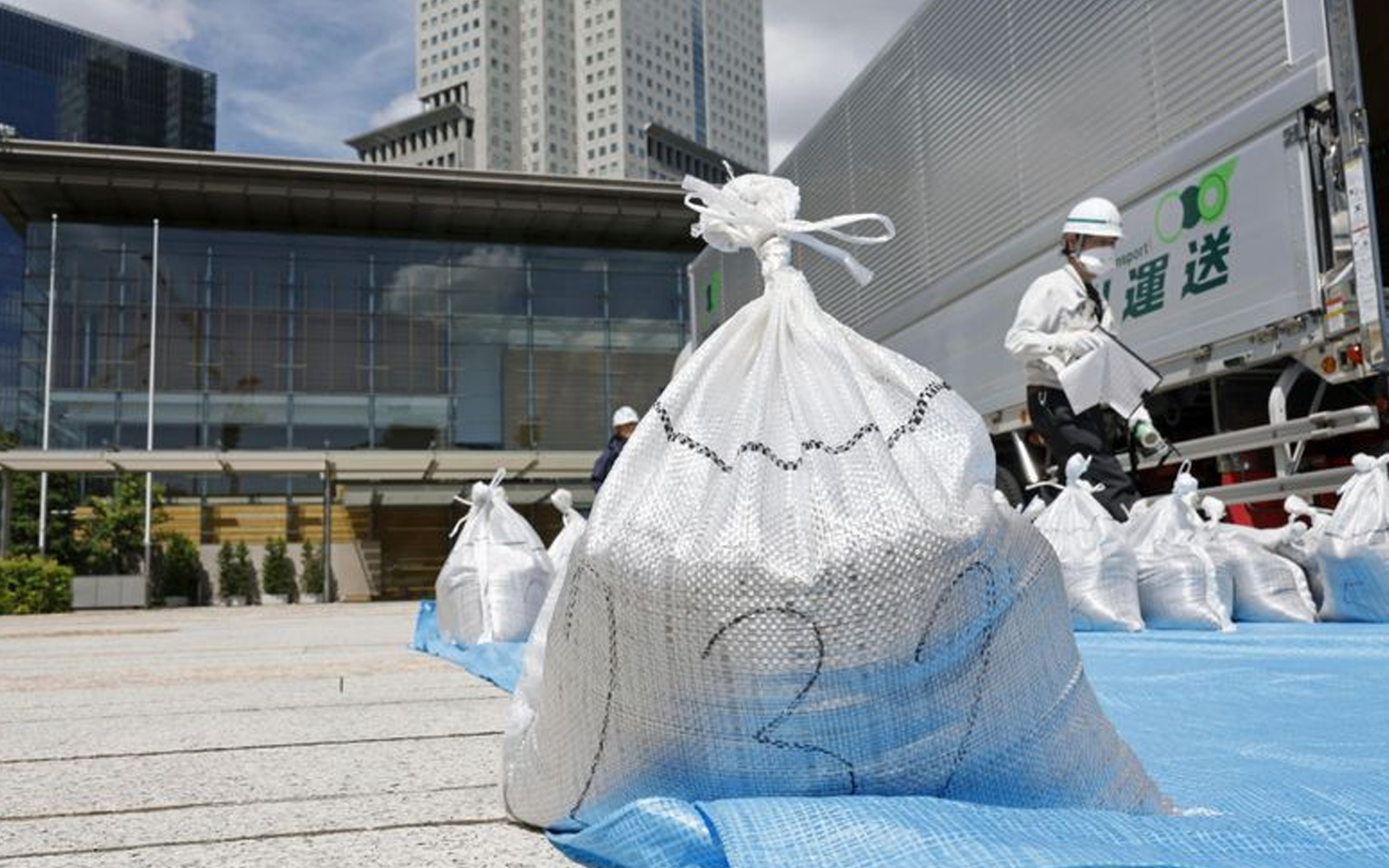
NASA has launched the LunaRecycle Challenge to tackle the growing issue of waste on the Moon.
Can you solve the problem of space waste? If so, NASA is ready to reward you handsomely. The U.S. space agency has announced the LunaRecycle Challenge, which aims to address the issue of trash left behind during lunar missions. Currently, there are numerous bags of waste left on the Moon by astronauts. NASA is offering $3 million in cash to anyone who can develop innovative solutions for processing different types of waste.
During past missions, astronauts had to use bags for human waste and leave them on the Moon, along with other trash, to make room for transporting lunar samples back to Earth.


